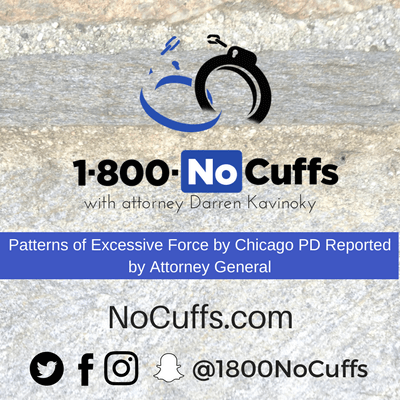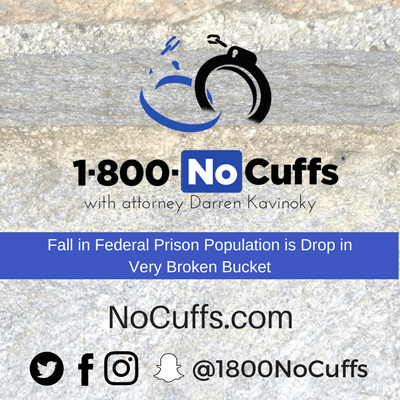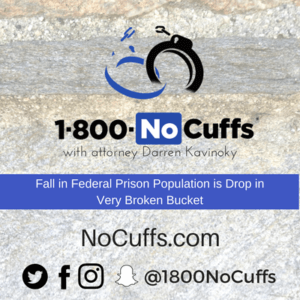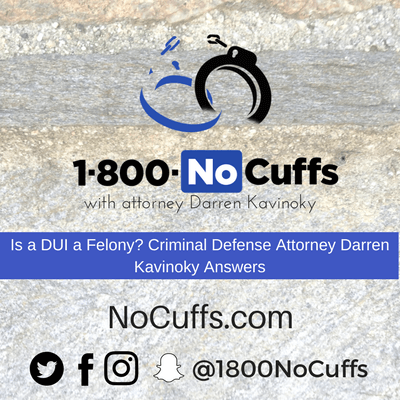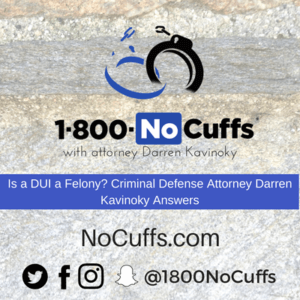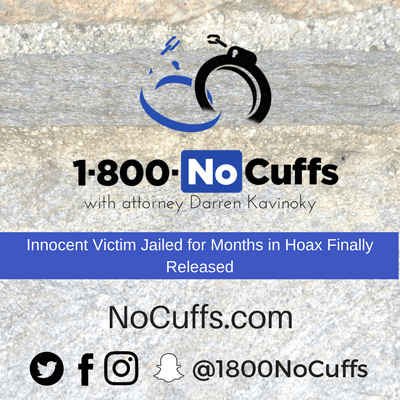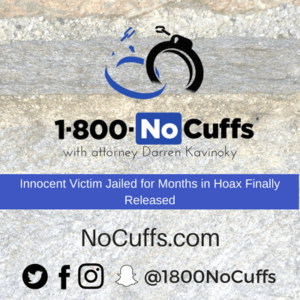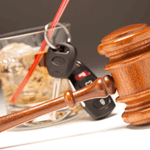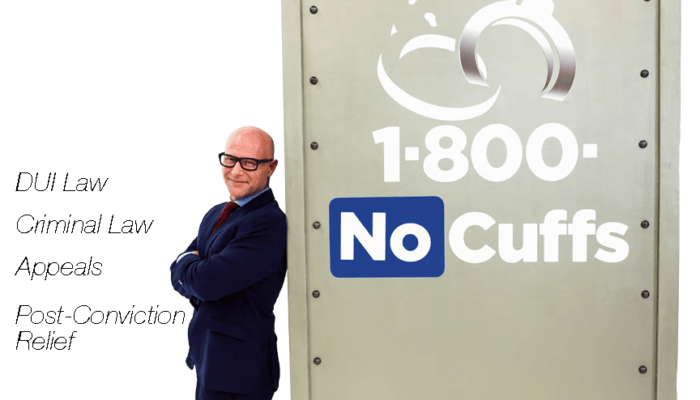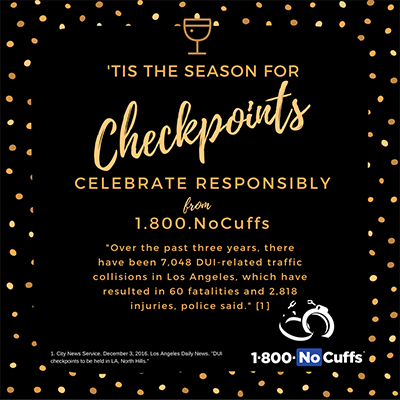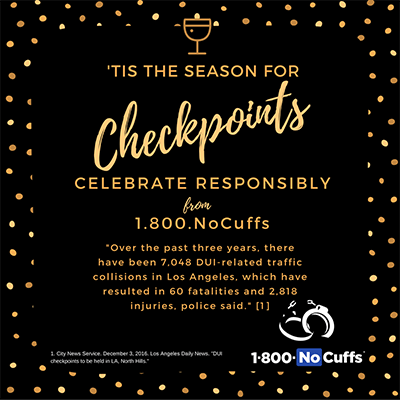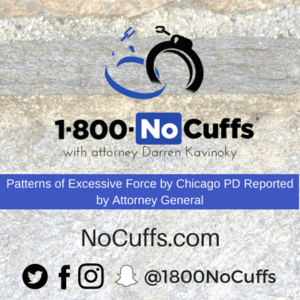 After a 13 month review, CNN Reports that the US Attorney General Loretta Lynch announced reasonable cause to believe that the Chicago Police Department may be engaging in a pattern of excessive force after an in-depth probe.
After a 13 month review, CNN Reports that the US Attorney General Loretta Lynch announced reasonable cause to believe that the Chicago Police Department may be engaging in a pattern of excessive force after an in-depth probe.
At a press conference in Chicago this morning, Attorney General Loretta Lynch addressed the concerns of excessive force. “The Department of Justice has concluded that there is reasonable cause to believe that the Chicago Police Department engages in a pattern or practice of use of excessive force in violation of the Fourth Amendment to the Constitution,” says Lynch. She adds, “Our investigation found that this pattern or practice is in no small part the result of severely deficient training procedures and accountability systems.”
“Sadly, the notion that there’s been a breakdown in trust between law enforcement and the people they serve in so many communities, that headlines of ‘excessive force’ or similar violations have become commonplace,” says criminal defense lawyer Darren Kavinoky.
“This is a great step forward, but a drop in the bucket in terms of the national conversation about police abuses that has now been taking place for years. Law enforcement has a tough job to do – any job where the number one metric for success is coming home alive at the end of your shift – is a tough job. And there are many hardworking, dedicated law enforcement personnel who play by the rules and safeguard the rights that all of us have. But, just like any profession, some bad apples certainly spoil the bunch, and when it comes to the relationship that is required between police and those they serve, those breakdowns can prove fatal,” says Kavinoky.
Kavinoky adds, “I’ll choose cautious optimism, but with an emphasis on the word ‘cautious’.”
SOURCES
1. Jason Hanna and Madison Park. January 13, 2017. CNN.com “Chicago police use excessive force, DOJ finds.” Retrieved via http://www.cnn.com/2017/01/13/us/chicago-police-federal-investigation/index.html.


